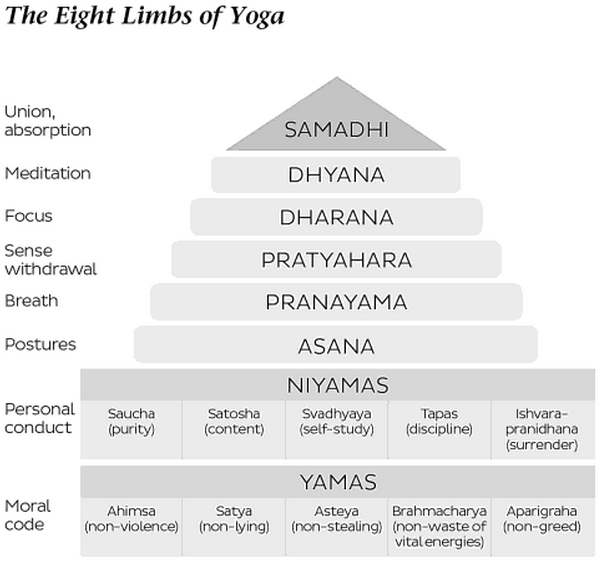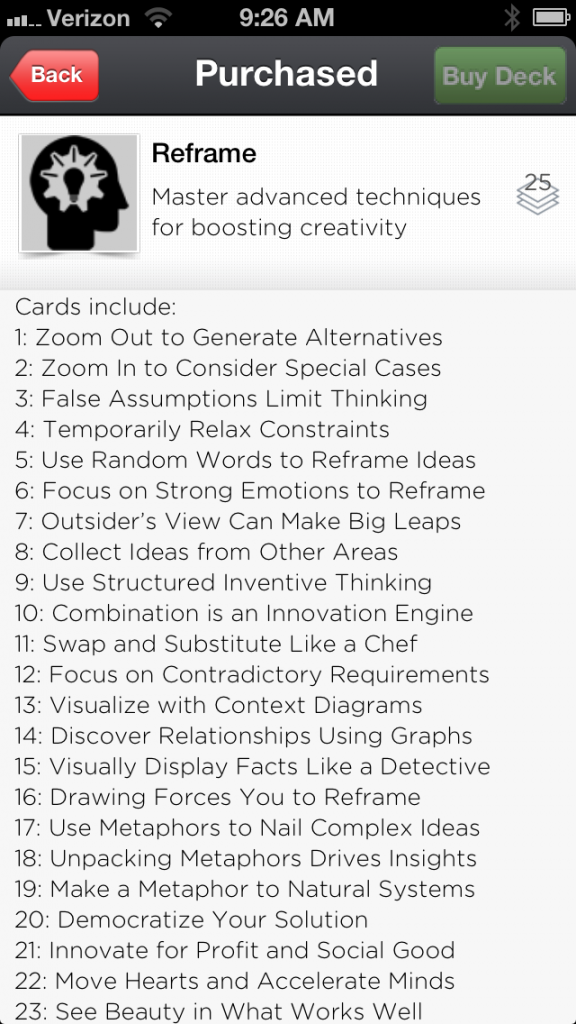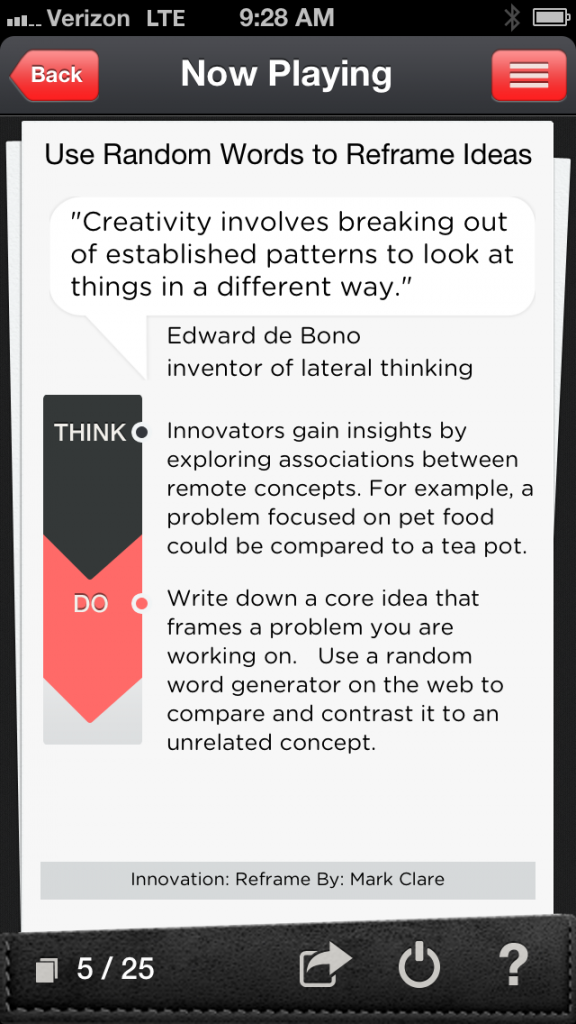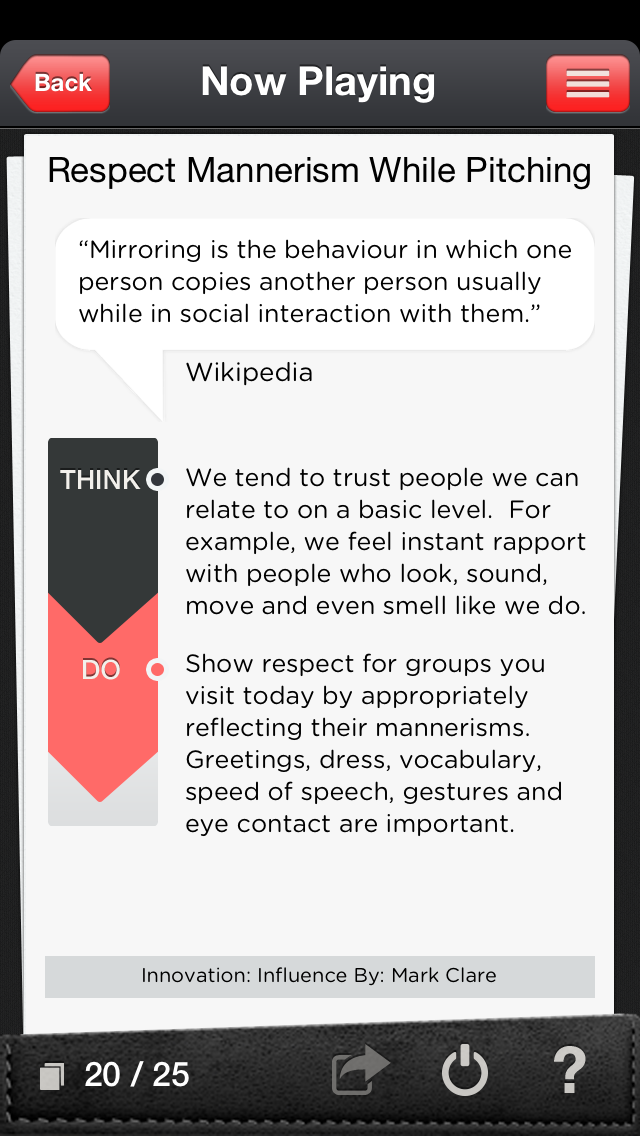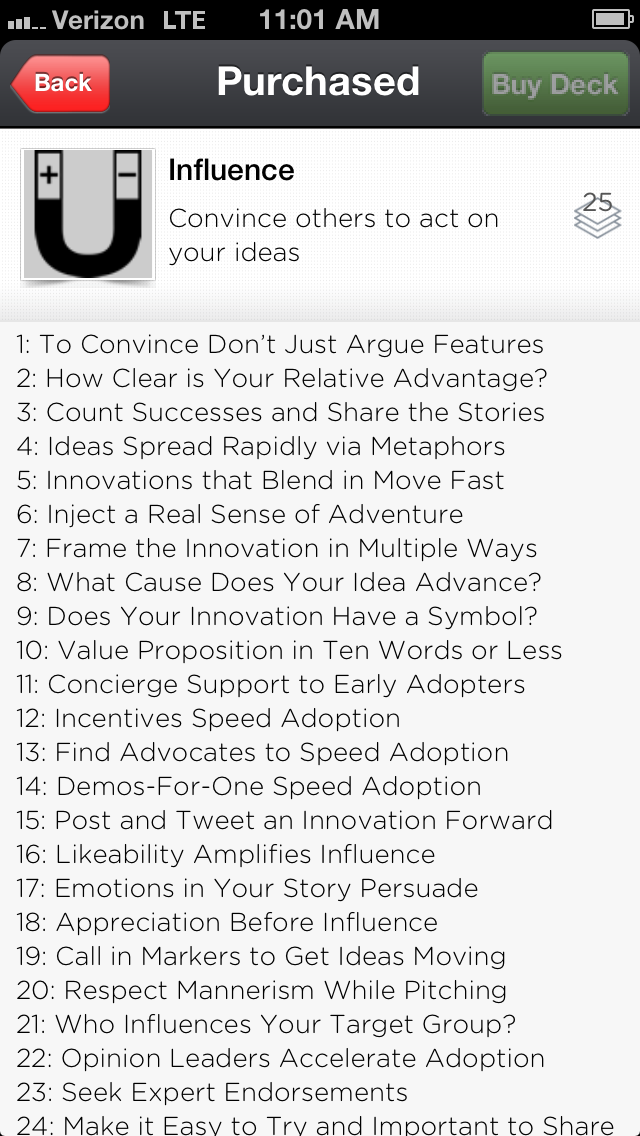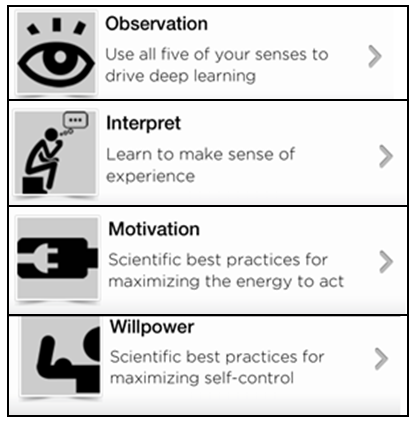Your Next Brain on Yoga?
There have been a handful of studies that suggest Yoga exercise and meditative practices can improve cognitive performance and brain function in adults and children. Just the kind of stuff we report on in the Next Brain Blog.
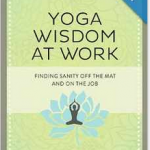 One challenge in using Yoga as a cognitive development technique is that most approaches appear to be limited to what you can do on an exercise mat or in quite isolation. That’s one reason the book Yoga Wisdom at Work caught my attention. The authors, Maren and Jamie Showkier, demonstrate through stories and practical tips ways you can apply Yoga “off the mat and on the job”.
One challenge in using Yoga as a cognitive development technique is that most approaches appear to be limited to what you can do on an exercise mat or in quite isolation. That’s one reason the book Yoga Wisdom at Work caught my attention. The authors, Maren and Jamie Showkier, demonstrate through stories and practical tips ways you can apply Yoga “off the mat and on the job”.
While they include material on Yoga postures, exercise and meditation, they also cover other fundamental aspects of Yoga including for example, moral code and conduct. In total there are eight areas or limbs of Yoga that are presented providing a practical and comprehensive approach.
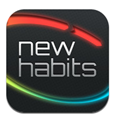 I’ve partnered with Maren and Jamie to convert the how-to content in their book into a deck of knowledge cards that can be used to practice Yoga wisdom one small-step at a time on a daily basis. You can access the results on NewHabits a free iPhone and iPad App. NewHabits comes with two free decks of knowledge cards (motivation and observation) and the Yoga deck is $0.99. Additional decks of knowledge cards covering all eight limbs of Yoga are in the works.
I’ve partnered with Maren and Jamie to convert the how-to content in their book into a deck of knowledge cards that can be used to practice Yoga wisdom one small-step at a time on a daily basis. You can access the results on NewHabits a free iPhone and iPad App. NewHabits comes with two free decks of knowledge cards (motivation and observation) and the Yoga deck is $0.99. Additional decks of knowledge cards covering all eight limbs of Yoga are in the works.
I am interested to hear from readers that use Yoga to improve their cognitive abilities. What technique or limbs do you use?
Categories: Ancient Ways, Cognitive Development, Software Tags:
Assess Your Practical Creativity in 3 Minutes
Mind Tools has developed a 16-question creativity test you can complete in about 3 minutes. Not only does it give you an overall creativity score and rank, but you get a question by question analysis and suggestions for how to improve.
I have built some of the best techniques for improving creativity into NewHabits, a free iPhone and iPad app. Once you download the app, tap the store tab and check out Reframe, a deck of knowledge cards designed to help you master advanced creativity techniques.
There are a total of 25 cards. Play a card daily from your mobile device to experiment with and eventually master a proven creativity technique. Cards are designed to fit into everyday routines and take minutes to use. The Reframe cards work by converting general advice and complex how-to knowledge about creativity into right-sized chunks that are optimized for how we learn from experience.
A list of the Refram cards and an example are shown below.
Categories: Problem Solving, Software Tags:
15 Foot Brain That Glows According to Your EEG
A group of artists, brain imaging specialists, computer programmers, neuro-technologists and others are building a 15 foot model of the brain. It includes a network of colorful LED lights that are activated by signals sent from a portable EEG headset you wear while walking through the model.
The plan is to launch the project at the next Burning Man event. The team hopes (pending funding) to then take it to schools and inspire students and teachers.
Free Test for Alzheimer’s Related Memory Loss
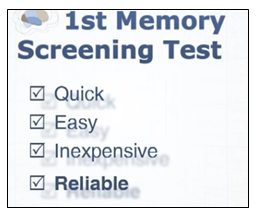 As we age our memory changes. Sometimes it is hard to know if your experiences are natural “senior moments” or early warning signs of serious memory problems such as those related to dementia, mild cognitive impairment or early Alzheimer’s disease. MemTrax was developed to help address this issue. It is a simple visual memory test you can take in 1-4 minutes. Your score is easy to understand and if you take the test on a regular basis, say every month, you can see how it changes over time.
As we age our memory changes. Sometimes it is hard to know if your experiences are natural “senior moments” or early warning signs of serious memory problems such as those related to dementia, mild cognitive impairment or early Alzheimer’s disease. MemTrax was developed to help address this issue. It is a simple visual memory test you can take in 1-4 minutes. Your score is easy to understand and if you take the test on a regular basis, say every month, you can see how it changes over time.
The initial test is free and you can see how it works in this demo. You can take the test on from your computer, iPhone or iPad.
I am interested to hear from readers that use MemTrax or other instruments that screen for neurodegenerative memory decline.
Categories: Cognitive Decline, Memory and Learning, Older Adult, Software Tags:
Innovators are Influencers
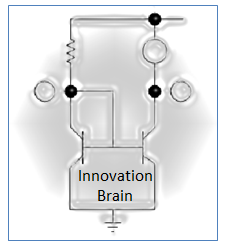 There is a lot of interest in getting better at innovation these days. While much of the focus is on creativity skill, a broader view indicates there are four areas you need to cultivate to build your innovation brain. These include:
There is a lot of interest in getting better at innovation these days. While much of the focus is on creativity skill, a broader view indicates there are four areas you need to cultivate to build your innovation brain. These include:
- Find or energize an innovation calling
- Reframe thinking to go in new directions
- Learn rapidly and deeply from experience
- Influence others to adopt new practices.
Surprisingly, the topic of influence seems to get the least attention. Innovators must convince others to invest time and resources in their raw ideas, persuade early adopters to try out prototypes and spend tremendous energy getting others to change behavior in order to grow a user base. Influence is a key to all phases of innovation.
There are many excellent books on how to get better at positive influence. Two of my favorites are the Influencer now in a second edition and How to Get People to Do Stuff. The Influencer advocates a focus on vital behaviors and provides a broad framework for crafting influence strategies. Get People to Do Stuff zeros in on the seven sources of motivation and provides very specific suggestions. For example:
“If you use nouns when making a request, rather than verbs – for example: “Be a donor” versus “Donate now” – it results in more people taking action. That’s because nouns invoke group identity.”
A careful read of both books reveals that they are recommending many of the same ideas. Indeed, I recently completed a review of over a dozen of the best books on influence and found they have five common themes and offer 25 best practices. The themes most relevant for innovators include:
- Craft compelling messages and stories

- Provide extra support to early adopters
- Be authentic, likeable & appreciative
- Master the five factors of innovation diffusion
- Leverage opinion leaders and indirect influence.
I’ve documented the 25 best practices as knowledge cards in the NewHabits, a free iPhone and iPad App. You play a card daily to experiment with and eventually master a proven influence technique. Cards are designed to fit into your everyday routine and take minutes to use. Each card is a small-step learning experience that accumulates over time into the habits of highly effective influencers.
An example card and table of contents for the deck is shown below.
Categories: Books, Mental Focus, Problem Solving, Software Tags:
25 Proven Ways to Develop Willpower
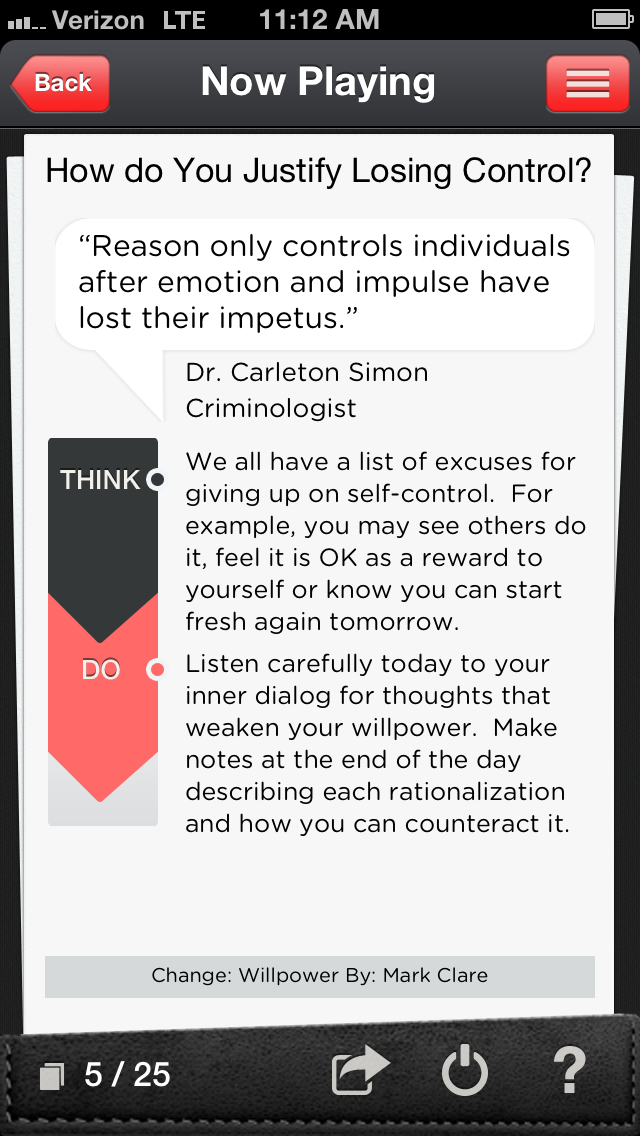 Willpower is the ability to carry out plans and reach goals especially when obstacles challenge us. It is what we use to resist temptation and keep going when we want to stop. Motivation, self-control, determination and grit all rolled up into our force of will.
Willpower is the ability to carry out plans and reach goals especially when obstacles challenge us. It is what we use to resist temptation and keep going when we want to stop. Motivation, self-control, determination and grit all rolled up into our force of will.
The topic of willpower is getting a lot of attention these days. A few examples:
- Akst, D. (2011). We Have Met the Enemy: Self-Control in an Age of Excess
- Baumeister, R. and Tierney, J. (2011). Willpower: Rediscovering the Greatest Human Strength
- McGongal, K. (2011). The Willpower Instinct: How Self-Control Works, Why It Matters, and What You Can Do To Get More of It
Some researchers argue that willpower is like a muscle. If we push too hard we become fatigued and can fail. On the other hand, if we train we can become very strong and develop endurance. But what techniques should we use to train?
To guide my training efforts I have reviewed the research and compiled 25 techniques that are practical enough to use in an everyday setting. To keep things simple I’ve documented each technique on a knowledge card that takes only a few minutes to use. Check out the example card to the right.
You can access the techniques in NewHabits a free iPhone and iPad app. Look in the store for the willpower deck. In the morning I quickly scan the deck and pick a card I want to play. With each play I strengthen my willpower muscle. It is easy to share the cards with friends through email, Facebook or Twitter.
Give the App and try and share your cards with others. I would like to hear from readers about how well the cards work and what other cards should be added.
Categories: Books, Cognitive Development, Mental Focus, Software, Training Tags:
Can We Get Better at Learning From Experience?
We learn most things from experience. Learning how to ride a bike, solve algebraic equations, cook a good meal, read a book or get along with a difficult neighbor are just a few examples. The learning from experience process is well understood. It is conceptually simple but error prone in practice.
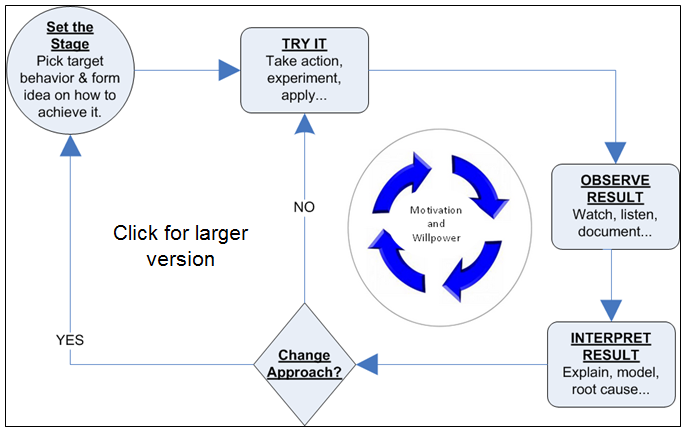 We set the stage by deciding what we are trying to learn and selecting a new behavior to try. We try the new behavior, observe the results, interpret the results and decide if we need to change our approach or stay the course. This process is repeated until we reach our goal or give up.
We set the stage by deciding what we are trying to learn and selecting a new behavior to try. We try the new behavior, observe the results, interpret the results and decide if we need to change our approach or stay the course. This process is repeated until we reach our goal or give up.
Of course it takes motivation to get this effort started and willpower to keep it going. Learning something new from experience takes diligence and usually involves some physical, emotional or reputational risks. Remember falling off your bike and the worry of reading poorly out loud as a grade school student?
Given the fundamental role learning from experience plays in acquiring new skills and changing behaviors, getting better at would have a significant impact on our overall cognitive performance. But can we really get better at it?
Fortunately, the answer is yes but we need to approach it one-step at a time. We should focus on improving our observation skills, interpretation skills or our capacity for self-control. Improvement in any one of these areas should translate into faster and deeper learning from experience.
You can use NewHabits, the free iPhone and iPad App to improve your ability to learn from experience. The App includes the following decks of knowledge cards:
Each deck includes 25 proven practices for getting better at one of the steps in learning from experience. You can play a card daily or every few days from your mobile device. Cards are designed to fit into your daily work or home routine and takes just  minutes to play. Each card is one small improvement step but the effects accumulate over time into significant new competencies and habits.
minutes to play. Each card is one small improvement step but the effects accumulate over time into significant new competencies and habits.
Download NewHabits and give some cards a try. Both the motivation and observation decks are free. The other decks are $0.99 or $1.99 but you get 3 sample cards for free.
Categories: Cognitive Development, Problem Solving, Software Tags: experiential learning
Boost Your Brain and Help Veterans
UPDATE: The contest ends on April 29th and they already passed the 30,000 start mark!
A reader sent me a note about a brain-a-thon Posit Science is running. You do brain training exercises and earn stars (points)  towards free subscriptions to BrainHQ for veterans with brain related inquiries. But you won’t be working alone. All your stars are added to those earned by others and if the total hits 10,000 Posit with donate 200 one-year subscriptions and if we hit 40,000 stars they will donate 500 subscriptions worth almost $50,000.
towards free subscriptions to BrainHQ for veterans with brain related inquiries. But you won’t be working alone. All your stars are added to those earned by others and if the total hits 10,000 Posit with donate 200 one-year subscriptions and if we hit 40,000 stars they will donate 500 subscriptions worth almost $50,000.
This is also a good way for you to try out some of the services for free. The brain training should help you focus attention, sharpen recall and process information faster. You get a brain boost and an opportunity to help veterans and their families. A good deal!
Categories: Memory and Learning, Mental Focus, Software Tags:
Train Your Creative Brain in Minutes a Day
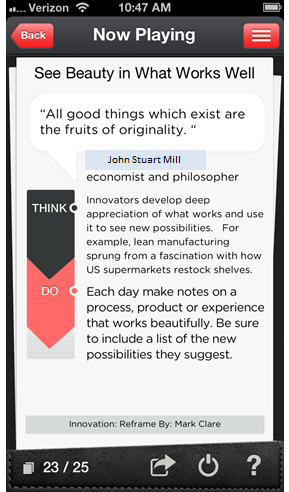 I recently completed a review of some of the best creativity techniques and innovation methods. My goal was to distill proven practices for improving creativity into a set of knowledge cards that could be used for brain training. Unlike most approaches to brain training, I did not want to create a game or some structured task to do on a computer. I wanted brain training “in the wild” or something that you can do along with your everyday activities and work efforts. That way you will see improvements in areas that matter. The result is a mobile brain training solution that runs on the iPhone, iPad and iPod touch:
I recently completed a review of some of the best creativity techniques and innovation methods. My goal was to distill proven practices for improving creativity into a set of knowledge cards that could be used for brain training. Unlike most approaches to brain training, I did not want to create a game or some structured task to do on a computer. I wanted brain training “in the wild” or something that you can do along with your everyday activities and work efforts. That way you will see improvements in areas that matter. The result is a mobile brain training solution that runs on the iPhone, iPad and iPod touch:
You can access the Reframe cards through NewHabits a free App that includes others decks on innovation and behavior change.
Play a card daily from your mobile device to experiment with and eventually master a proven creativity technique. Cards are designed to fit into everyday routines and take minutes to use. The Reframe cards work by converting general advice and complex how-to knowledge about creativity into right-sized chunks that are optimized for how we learn from experience.
The Reframe deck includes 25 cards. An example is shown to the right. Many of the cards assume you are working on a hard problem or innovation challenge that requires creativity. If you don’t have one pick a challenge from around the house – how to get the kids to do their homework or how to pick a wow gift for your spouse – and use that.
The deck includes a table of contents that makes it easy to manage and navigated the cards. You can share cards for free with friends via email, text messages, Twitter, Facebook and other means. For more information on how the App works check out the screen walk through.
Give the App a try and please comment on your experiences.
Categories: Problem Solving, Software, Training Tags:
$25,000 Brain Health Contest Ends May 5, 2013
 The AARP is sponsoring a sweepstakes designed to promote brain health. If you are 45 years or older you can sign up for free, learn about brain health and play various brain training games to compete. Games include memory match, private eye, split word, countdown and a brain teaser. You earn an entry for each level you complete and restrictions apply. You can also read library articles to earn entries if the games don’t appeal to you.
The AARP is sponsoring a sweepstakes designed to promote brain health. If you are 45 years or older you can sign up for free, learn about brain health and play various brain training games to compete. Games include memory match, private eye, split word, countdown and a brain teaser. You earn an entry for each level you complete and restrictions apply. You can also read library articles to earn entries if the games don’t appeal to you.
I hope they publish some data on the results once the contest is over. It will be interesting to see if this approach has a material impact on brain health.
I am interested to hear from readers that know about other brain health contests or sweepstakes.
Categories: Older Adult, Software, Training Tags: games

